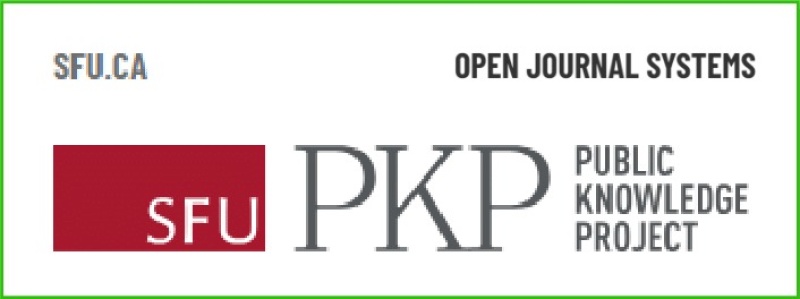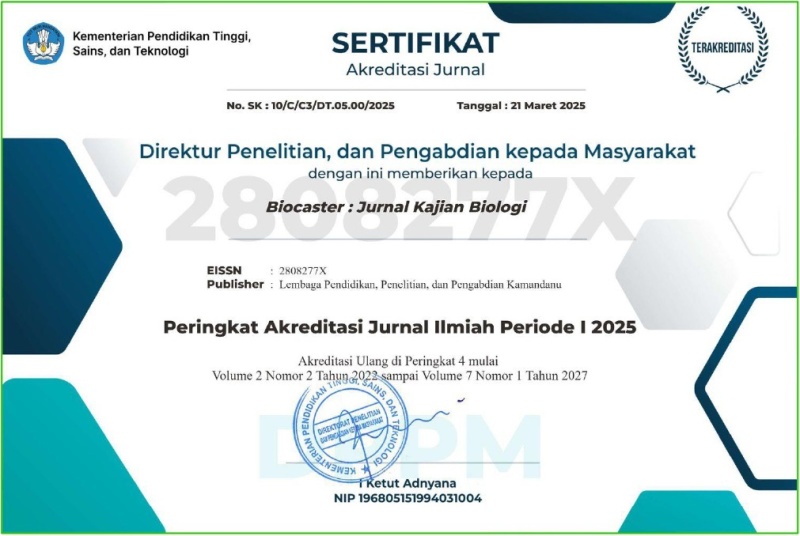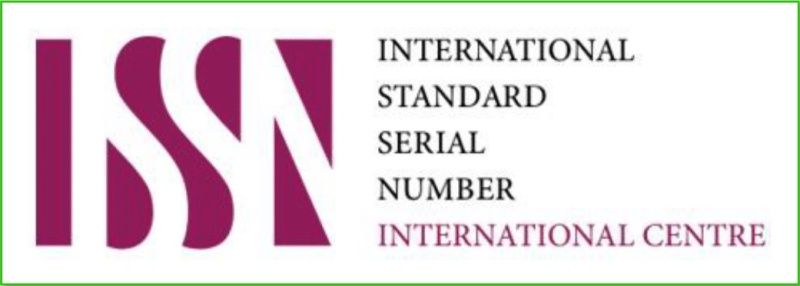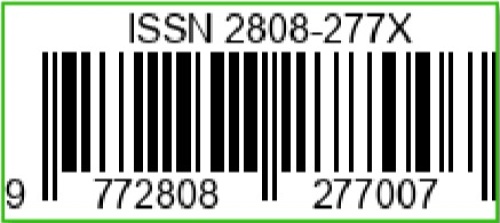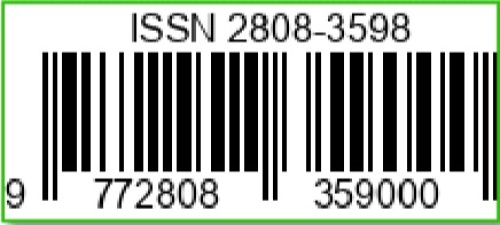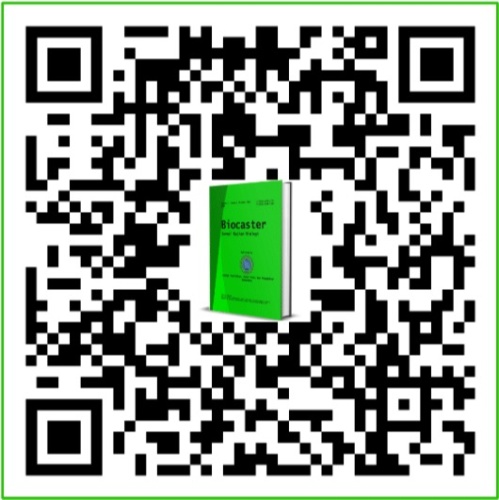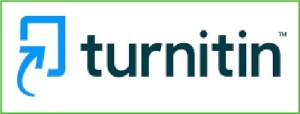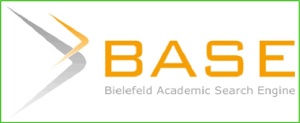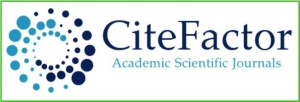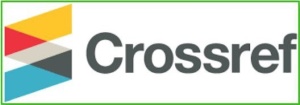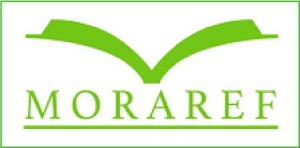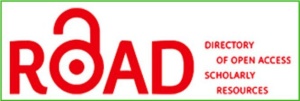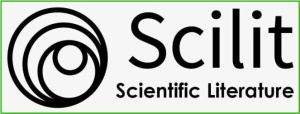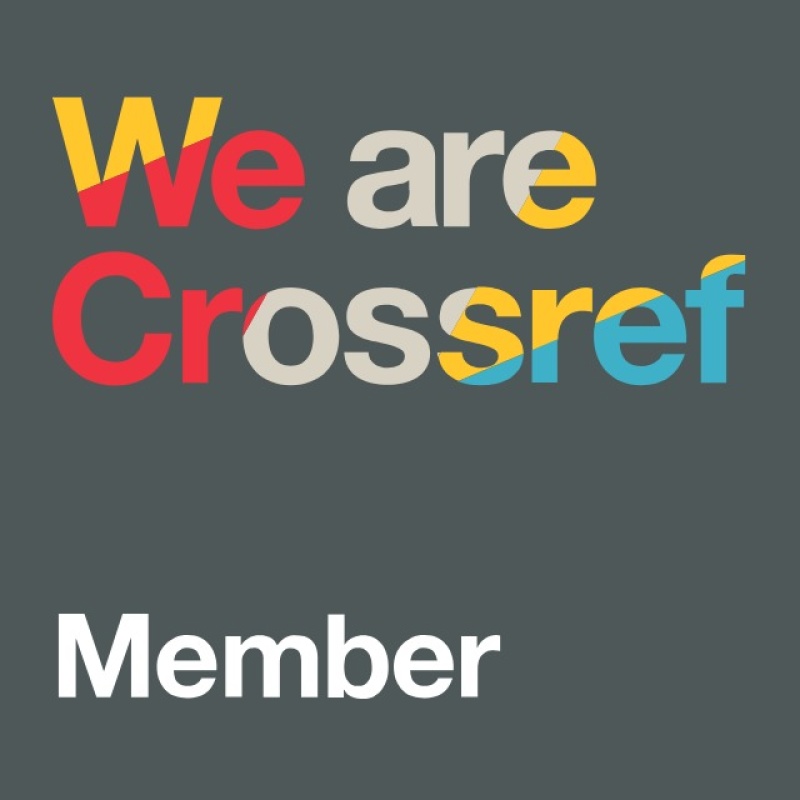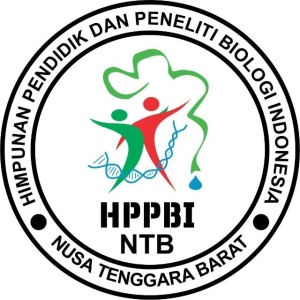Efektivitas E-Modul Berbasis SDGs dengan Pendekatan STEM untuk Meningkatkan Kreativitas dan Hasil Belajar Peserta Didik SMA di Samarinda
DOI:
https://doi.org/10.36312/biocaster.v5i4.617Keywords:
E-Module, Learning Outcomes, Creativity, SDGs, STEMAbstract
The STEM (Science, Technology, Engineering, and Mathematics) approach is a learning method that integrates four fields of science to encourage problem-solving and creative thinking in a contextual manner. This study aims to test the effectiveness of Sustainable Development Goals (SDGs-based) E-Modules with a STEM approach in increasing students' creativity and learning outcomes on the Role of Fungi in Life material. The research used the true experiment method with a pretest-posttest control group design, involving students of class X of SMA Negeri 9 Samarinda which was divided into experimental classes and control classes. The instruments used are learning outcome tests and creativity assessment sheets that have been validated by experts. Data analysis was carried out with an independent sample t-test to test the significance of differences between classes, as well as N-Gain calculation to measure learning effectiveness. The results showed that the improvement in learning outcomes in the experimental class was relatively high with an N-Gain value of 0.73, while the control class was in the medium category with an N-Gain value of 0.42. The increase in creativity in the experimental class was also significant, especially in the aspects of flexibility and elaboration. The high category in the experimental class is achieved because the E-Module allows for self-exploration, project-based activities, as well as the relevance of the material to real life. In contrast, learning in the control class tended to be less stimulating to creative and reflective thinking skills. Thus, SDGs-based E-Modules with a STEM approach have proven to be effective in increasing students' creativity and learning outcomes, as well as supporting the development of 21st century skills.
Downloads
References
Afifah, S., Kristayulita, K., & Andriani, P. (2025). Integrasi Pendekatan STEM dalam Pengembangan Modul Materi Fungsi. Pendekar : Jurnal Pendidikan Berkarakter, 8(2), 105-113. https://doi.org/10.31764/pendekar.v8i2.31356
Aisyah, S., Hamdiyati, Y., & Kusnadi, K. (2022). Paham dan Dapat Memberi Solusi terhadap Permasalahan yang Disebabkan oleh Jamur. Bandung: Universitas Pendidikan Indonesia.
Aminah, S., Rahmawati, Y., & Fauziah, Y. (2022). Integrasi Nilai SDGs dalam Pembelajaran IPA untuk Meningkatkan Kesadaran Lingkungan Siswa. Jurnal Ilmiah Pendidikan IPA, 5(3), 145-152. https://doi.org/10.1234/jipi.v5i3.7890
Angela, S. A., & Rahayu, W. (2025). Pendekatan STEM dalam Meningkatkan Kemampuan Berpikir Kreatif Matematis. Jurnal Riset Pendidikan Matematika Jakarta, 7(1), 68-75. https://doi.org/10.21009/jrpmj.v7i1.39731
Artisari, I. R., Indarwati, S., Rodli, W. S., & Kanzunnudin, M. (2024). Mengintegrasikan Problem Based Learning dengan Kurikulum Merdeka di SD Negeri 1 Gabus. Jurnal Guru Sekolah Dasar, 1(1), 61-68. https://doi.org/10.70277/jgsd.v1i1.0008
Fitriyani, D., Puspitasari, R., & Hidayat, A. (2022). Pengembangan E-Modul Biologi Berbasis STEM untuk Meningkatkan Kemampuan Berpikir Kritis Siswa SMA. Bioedukasi : Jurnal Pendidikan Biologi, 15(1), 45-54. https://doi.org/10.21831/bioedukasi.v15i1.45678
Handrian, R. (2020). Implementasi Nilai-nilai SDGs dalam Kurikulum Pendidikan Sains. Jurnal Inovasi Pendidikan IPA, 6(2), 120-127. https://doi.org/10.21831/jipi.v6i2.30398
Ningsih, T. H. I., Supriyono, S., & Rahayuningsih, S. (2024). Penerapan Pendekatan STEM untuk Meningkatkan Pemahaman Konsep Siswa Sekolah Dasar di Kabupaten Pasuruan. Jurnal Pendidikan dan Pembelajaran Matematika, 10(2), 342-349. https://doi.org/10.29100/jp2m.v10i2.5654
Nur, A. (2023). Pengaruh Pembelajaran STEM terhadap Hasil Belajar dan Literasi Sains Siswa SMA. Jurnal Pendidikan Sains Indonesia, 11(3), 234-242. https://doi.org/10.15294/jpsi.v11i3.65432
Rarastika, W., Suprapto, N., & Yuliati, L. (2025). Pembelajaran Berbasis Proyek Kontekstual untuk Meningkatkan Kreativitas dan Kolaborasi Peserta Didik. Jurnal Pendidikan Sains dan Aplikasi, 9(1), 1-12. https://doi.org/10.61132/sadewa.v3i1.1464
Safnowandi, S. (2021). Pengaruh Model Pembelajaran Contextual Teaching and Learning (CTL) terhadap Hasil Belajar Kognitif dan Literasi Sains Siswa. Bio-Edu: Jurnal Pendidikan Biologi, 6(1), 40-54. https://doi.org/10.32938/jbe.v6i1.831
Setiawan, B., Purwanto, A., & Wahyuni, S. (2021). Evaluasi Kegiatan Pembelajaran Konvensional terhadap Keterlibatan Belajar Siswa. Jurnal Pendidikan dan Pembelajaran Sains, 9(2), 55-62. https://doi.org/10.1234/jpps.v9i2.12345
Syafitri, M. (2023). Integrasi Nilai Sustainable Development Goals (SDGs) dalam Pembelajaran Biologi di Sekolah Menengah Atas. Jurnal Pendidikan Biologi Nusantara, 8(2), 98-107. https://doi.org/10.17977/um061v8i2p98-107
Tareze, M., Astuti, I., & Afandi, A. (2022). Model Pembelajaran Kolaborasi SDGs dalam Pendidikan Formal sebagai Pengenalan Isu Global untuk Meningkatkan Kesadaran Sosial Peserta Didik. Visipena, 13(1), 42-53. https://doi.org/10.46244/visipena.v13i1.1978
Wahyuni, D., & Prasetyo, Z. K. (2022). STEM Approach dalam Pembelajaran IPA untuk Meningkatkan Kemampuan Problem Solving Siswa. Jurnal Pendidikan MIPA, 27(1), 33-41. https://doi.org/10.15294/jpmipa.v27i1.58934
Downloads
Published
How to Cite
Issue
Section
License
Copyright (c) 2025 Siti Sabina, Ruqoyyah Nasution, Elsje Theodora Maasawet, & Masitah

This work is licensed under a Creative Commons Attribution-ShareAlike 4.0 International License.
-
Attribution — You must give appropriate credit, provide a link to the license, and indicate if changes were made. You may do so in any reasonable manner, but not in any way that suggests the licensor endorses you or your use.
-
ShareAlike — If you remix, transform, or build upon the material, you must distribute your contributions under the same license as the original.


